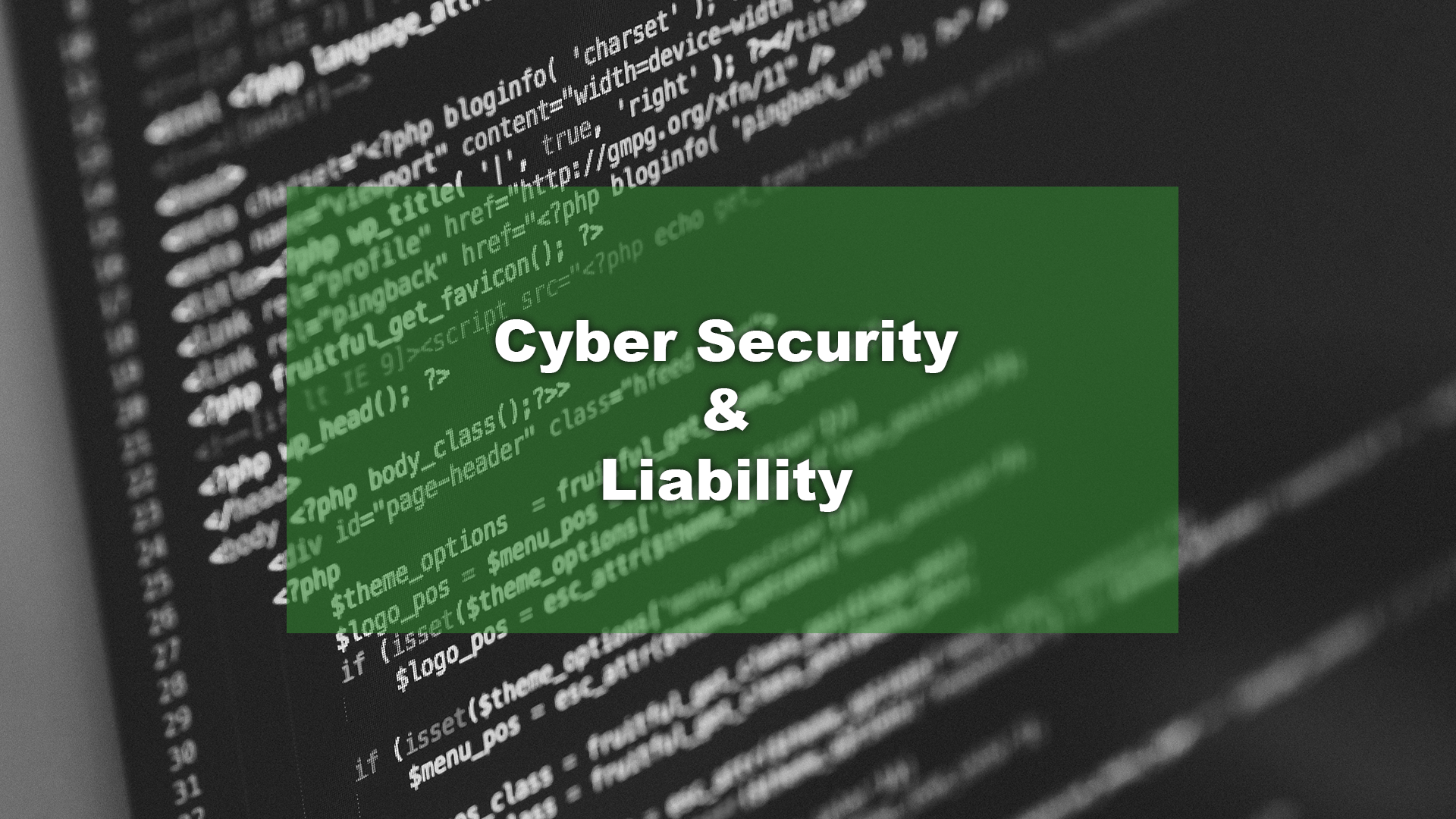Every so often, whether it be for a company software program like MOZ, a school database like blackboard, or even a personal social media account on twitter, you get one of the two ominous messages.
The Unwanted Messages
You get the “time to reset your password” right after you slowly got used to your new password. Now you have to create a new password that’s memorable but is also hard to crack. Yes, it is a measure of security and caution from the website that is admirable. It is a pain at best for the user.
Then there’s the other message: “oops, you forgot your password too many times. Let’s reset it!” This one is arguably worse because of two things. One, you have to create a whole new password just like the mandatory reset times. But, you have to make it easier to remember than your last one, since you just forgot it. That makes hacking for these passwords so easy.
Where we are with Passwords
While there are some awesome dual-factor authentication apps and tricks as well as new biometric security measures, hacking password details could not be easier right now. Soon, we’ll be strictly using biometric passwords like eye scanning and finger pad touch. Or just using dual-factor using an app like duomobile. But for now, passwords are becoming ever so easy to hack for cyber criminals. They have more advanced technology that can run dictionary hacks and algorithm checks at 1,000,000,000 searches a second. And the only thing standing between your account with credit card info and their supercomputer is the password “qwerty12345.” All jokes aside, that password is extremely common, and there’s simpler derivatives of that password that make the 25 most common passwords of 2020.
Passphrases
While waiting for that futuristic physical password technology, allow me to introduce you to a better password type: pass-phrases. Pass-phrases are exactly what it sounds like. It’s not a word with numbers and symbols, it is a whole phrase that may include further numbers and symbols. While some say it is only a small step of improvement over passwords, let me tell you why they are much more protected.
Benefits of Passphrases
First, the guideline check is simple. They’re just as protected against password guidelines on the vast majority of sites. They are also supported by many sites as well, meaning you will be able to use these wherever you can use your normal pass-word.
They’re more secure. It’s that simple. The more characters and difference in the change of characters, the better. As in, if your password is football10!, that is a password a hacker can crack manually, it’s so straightforward. Now imagine it being “Mile High Miracle 512!” That’s 21 characters compared to 11, which makes the computers check for 10 factorial more possibilities. Simply, that means “football10!” Is a mid-sized fish in a river, “Mile High Miracle 512!” Is a krill in the Pacific.
Example of good Passphrases
Also, football is too simple, and there’s no change after football. Being as specific as possible is best. Take Mile High Miracle 512! Mile High Miracle is a nickname for a specific famous game that my favorite team, the Baltimore Ravens won (it’s a reference to them beating the Denver Broncos in Denver). Next, the 512 part. The game is mostly famous because of one play. The Baltimore quarterback, number 5, threw a last-gasp touchdown to Baltimore wide receiver number 12, to tie the game. 512 is incredibly more random than 10, yet feels more memorable. See how easy that was?
Concluding Thoughts
My point is that passphrases are easier to remember than those one word and 2 number passwords. Especially if they’re close to your heart and mean something. That could mean a song lyric/title/album, or a movie phrase, or a famous sports moment. So if you are a big music fan, next time you are resetting your Chase account, take a minute before you rush to put “RockFan12345.” Think about passphrases, and try something more along the lines of “St41rway 2 Heav3n” instead. Trust me, the time it’ll take to remember which e becomes a 3 is the difference between a bank account compromise and having your financial records safe.
Still confused? Want to learn more about passphrase protection? Or just about cyber security in general? Contact a risk advisor today at 914-357-8444 or visit our website here.
